 More than a Market
More than a Market
Thai Phat Content Block 3
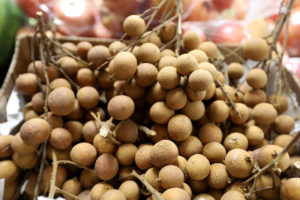 The store shelves are a kaleidoscope of sauces, spices, teas, and sweets. Greeting customers at the front are exotic fruits like durian, longan, horned melon, and pomelo. In one corner, bags of rice and noodles are stacked shoulder high; in the other, vegetables familiar and exotic are heaped together—Asian eggplant the size and color of Granny Smith apples, fresh bamboo, and an assortment of greens. In the freezer, traditional cuts of meat share space with chicken feet, pork tail, and beef omasum. The daily selection of fresh fish on ice ranges from the familiar tilapia and mackerel to skate and eel. In a cooler by the cash register are stacks of homemade banh mi, the traditional baguette sandwich of pork or beef with cilantro, pickled carrots and daikon, and soy sauce. Each Tuesday at midnight, John and Huong leave for the Chelsea Produce Market in Boston to buy items that their main supplier cannot source in New York City.
The store shelves are a kaleidoscope of sauces, spices, teas, and sweets. Greeting customers at the front are exotic fruits like durian, longan, horned melon, and pomelo. In one corner, bags of rice and noodles are stacked shoulder high; in the other, vegetables familiar and exotic are heaped together—Asian eggplant the size and color of Granny Smith apples, fresh bamboo, and an assortment of greens. In the freezer, traditional cuts of meat share space with chicken feet, pork tail, and beef omasum. The daily selection of fresh fish on ice ranges from the familiar tilapia and mackerel to skate and eel. In a cooler by the cash register are stacks of homemade banh mi, the traditional baguette sandwich of pork or beef with cilantro, pickled carrots and daikon, and soy sauce. Each Tuesday at midnight, John and Huong leave for the Chelsea Produce Market in Boston to buy items that their main supplier cannot source in New York City.
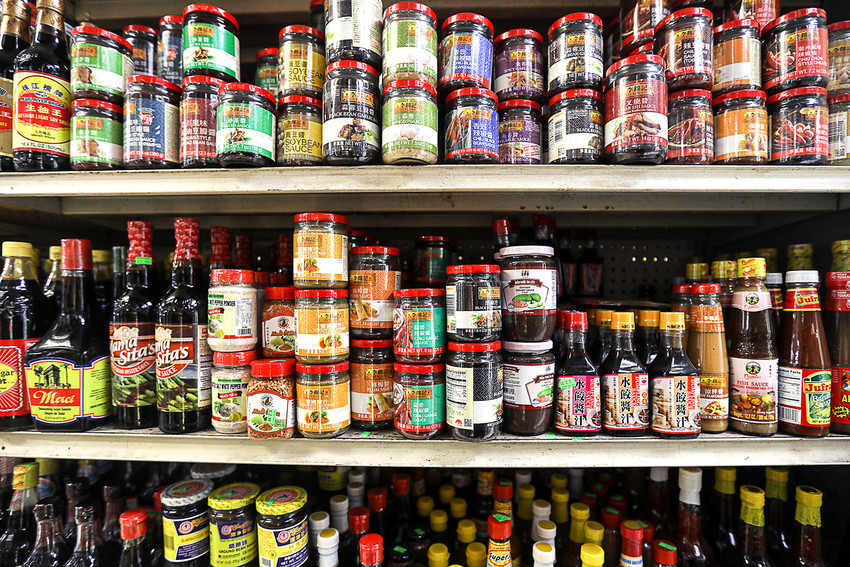
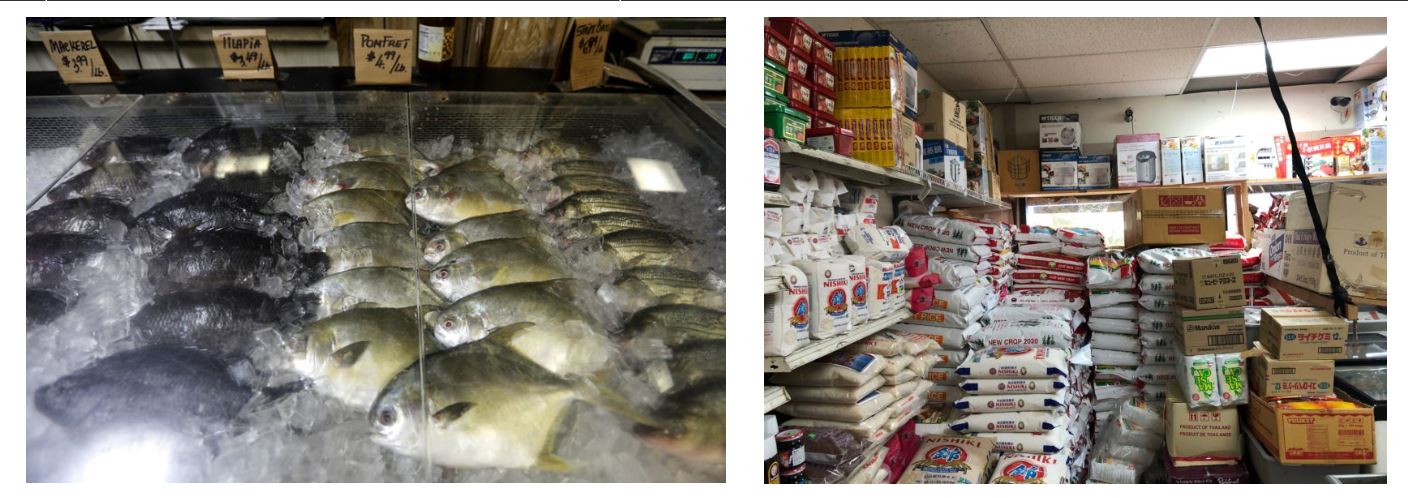
Like other immigrant families, the Trans have opened multiple businesses in close proximity to each other. Although they have been in this country for almost forty years, they continue to seek new opportunities to build a strong future for their children. In January 2020, Anthony opened Saigon Kitchen across the street and leased the adjacent storefront to his brother and sister-in-law, The, who opened Bella-Kay, a home goods and food market. Despite the challenges of feeding the public during a pandemic, Anthony has done a steady takeout business and cautiously opened the restaurant when restrictions relaxed. 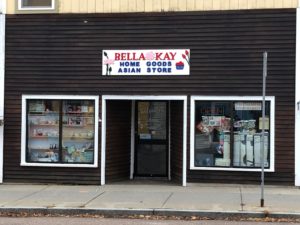
Anthony and his wife, Jenny, have raised their daughters, Julie and Jessica, with the same work ethic. The girls grew up in the market, where their family tended to them and to customers at the same time. Now in high school, they stop at the restaurant after school to help through the dinner rush, then head home to do their homework until the family sits down together for dinner at 10 p.m. when Anthony finally arrives home after a fourteen-hour day.
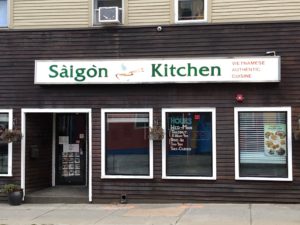
Fiercely independent, Anthony appreciates but often eschews the offer of a helping hand. He believes in the value of lessons learned from going it alone, and he wants his daughters to develop skills that allow them to be self-sufficient. When he was in Vietnam, he used to think of America as the “golden” country, and it is everything he imagined. He has a successful business and his daughters are enrolled in high school—opportunities that would not have been possible in Vietnam. “Phat” means good fortune, and it seems that is what his family has found.
If one hundred immigrants come here, ninety-nine will be successful. Most who arrive are from the poorest countries, and they work very hard. If you start from the bottom, now you are in a place where everything is possible. —Anthony Tran